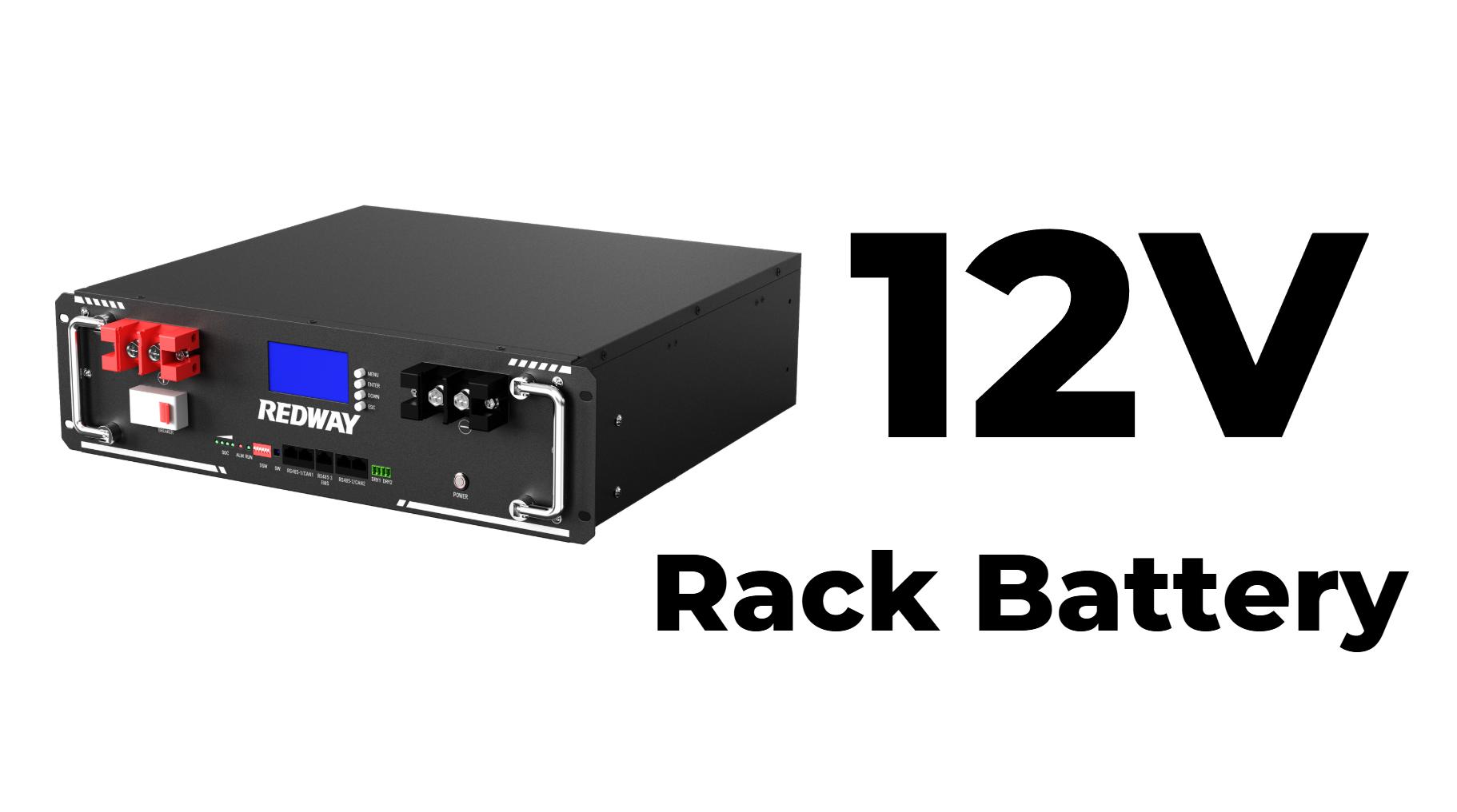Choosing the right 12V server rack battery is essential for ensuring reliable power supply and minimizing downtime in critical applications. These batteries, particularly lithium-ion variants, provide significant advantages over traditional options, including longer lifespan, higher energy density, and advanced safety features.
What is a 12V server rack battery?
A 12V server rack battery is a type of rechargeable battery designed specifically for use in server racks and uninterruptible power supply (UPS) systems. These batteries provide backup power to servers during outages, ensuring continuous operation and protecting against data loss.
| Battery Type | Voltage | Common Applications |
|---|---|---|
| Lead-Acid | 12V | General UPS systems |
| Lithium-Ion | 12V | Server racks, renewable energy |
How do server rack batteries differ from regular batteries?
Server rack batteries are designed with higher capacities and longer runtimes compared to regular batteries. They often feature advanced monitoring systems and modular designs that allow for easy integration into complex setups, ensuring reliable power delivery during critical operations.
| Feature | Regular Battery | Server Rack Battery |
|---|---|---|
| Capacity | Lower | Higher |
| Runtime | Shorter | Extended |
| Monitoring | Basic | Advanced |
What are the advantages of using lithium-ion server rack batteries?
Lithium-ion server rack batteries offer several benefits:
- Longer Lifespan: Typically last 2000 to over 8000 cycles, significantly more than lead-acid options.
- Higher Efficiency: Charge and discharge efficiencies can reach up to 95%, minimizing energy loss.
- Lightweight Design: Easier to handle and install due to reduced weight compared to traditional lead-acid batteries.
Why is battery capacity important for server applications?
Battery capacity determines how much load the battery can support and how long it can maintain power during an outage. A higher capacity ensures that critical systems remain operational even during extended power failures, which is vital for businesses that rely on continuous uptime.
What types of 12V server rack batteries are available?
There are several types of 12V server rack batteries, including:
- Lead-Acid Batteries: Traditional option with lower upfront costs but shorter lifespans.
- Lithium-Ion Batteries: More expensive but offer longer life and better performance.
- Nickel-Zinc Batteries: Known for high power density but less common in server applications.
How does the Battery Management System (BMS) enhance performance?
A robust Battery Management System (BMS) enhances performance by:
- Monitoring individual cell voltages and temperatures to prevent overcharging.
- Balancing charge levels across cells to maximize lifespan.
- Protecting against deep discharges and short circuits, ensuring safe operation.
What are the key specifications to consider when choosing a server rack battery?
When selecting a server rack battery, consider:
- Capacity: Ensure it meets your power requirements.
- Cycle Life: Look for models with high cycle lives for better longevity.
- Discharge Rate: Higher rates allow for better performance under load.
- Temperature Tolerance: Essential for maintaining performance in varying conditions.
Why should you choose LiFePO4 batteries for server racks?
LiFePO4 (Lithium Iron Phosphate) batteries are ideal for server racks due to their:
- Enhanced safety features, reducing risks associated with thermal runaway.
- Longer cycle life compared to other lithium chemistries.
- Better thermal stability, making them suitable for demanding environments.
Industrial News
The market for server rack batteries, particularly lithium-ion options, continues to grow as businesses prioritize reliability and efficiency in their operations. Recent advancements focus on improving energy density and safety features, with manufacturers investing heavily in research and development. The demand for high-performance backup solutions is driving innovations across various industries.
Redway Battery Expert Views
Selecting the right battery technology is crucial for maintaining uptime in critical applications,” states an expert from Redway Battery. “Lithium-ion technologies like LiFePO4 not only provide superior performance but also enhance safety and longevity, making them an excellent investment for any data center.”
FAQ Section
- What factors affect the lifespan of a 12V server rack battery?
- Usage patterns, charging habits, temperature conditions, and quality of materials used all influence lifespan.
- Can I replace my lead-acid battery with a lithium-ion battery?
- Yes, but ensure compatibility with your system’s voltage and charging requirements.
- How should I maintain my lithium-ion battery?
- Regularly monitor charge levels, avoid extreme temperatures, and use appropriate chargers designed for lithium chemistry.
- What is the typical cost difference between lead-acid and lithium-ion batteries?
- Lithium-ion batteries have a higher upfront cost but often result in lower total ownership costs due to their longevity.
- Are there any safety concerns with lithium-ion batteries?
- Lithium-ion batteries are generally safe when used correctly; however, it’s essential to use compatible chargers and avoid physical damage.
LiFePO4 Server Rack Battery 12V 400Ah (EG4)
Know more:
How to Choose the Best 12V Server Rack Battery for Your Needs
How to Choose the Best Server Rack Battery
How to Choose the Best Rack Mounted Storage Battery for Golf Carts
Why Custom Server Rack Battery LiFePO4 Solutions Are Essential for Modern Energy Needs




